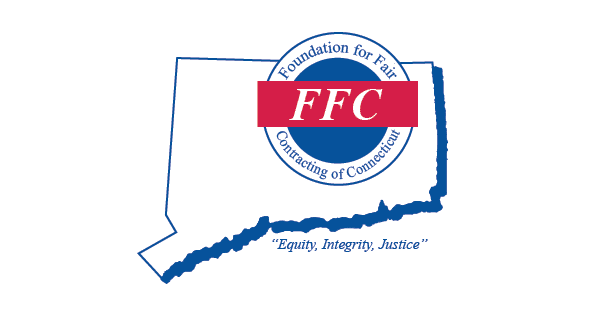AUGUST 28, 2017
KIMBERLY GLASSMAN
Gov. Malloy and the legislature are considering deep cuts to municipal aid in order to rectify an over $3 billion budget deficit. Connecticut’s Conference of Municipalities (CCM) is rightfully concerned, and looking for other means to keep municipal budgets balanced. One of its main proposals is to raise the thresholds as to when our state’s prevailing wage law is triggered on public construction projects.
Connecticut’s current prevailing wage thresholds are $400,000 for new construction and $100,000 for renovations. If a project falls below that threshold, then workers only have to be paid the minimum wage. When CCM proposes an increase to the thresholds, they’re proposing that more construction workers be paid the minimum wage rather than the family sustaining prevailing wage.
The truth is CCM’s proposal will make Connecticut less competitive. Our neighboring states, Massachusetts and New York, have a zero threshold on prevailing wage, meaning that the wage protection is triggered on dollar one on public works projects. Rhode Island’s prevailing wage threshold is $1,000, which is less than the federal threshold of $2,000. And New Jersey’s threshold is $15,444. We don’t want to lose skilled workers to our surrounding states.
Opponents to prevailing wage perpetuate a misconception that the wage protection somehow only benefits union workers or union companies. But that is not true. Non-union contractors also perform work on publicly funded projects. And all construction workers, regardless of union affiliation, benefit from the prevailing wage law. Prevailing wage rates are based on surveys conducted by the U.S. Department of Labor of what local contractors actually pay workers on public works projects in the state.

